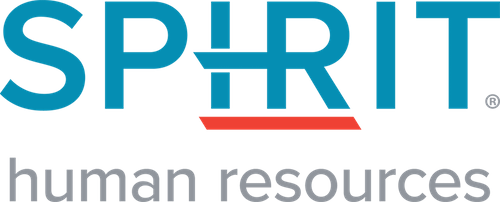The Challenges of Being a Multi-state Employer

The employment issues themselves are familiar to every employer, multi-state or not, and include:
- Unemployment
- Leave laws
- Wage and hour
- Workers’ compensation
- Ban the Box
- E-Verify
Let’s look at the first few to see how the challenges multiply when you cross state lines.
Unemployment
Employers must manage unemployment accounts for each state. Each has its own administrative regulations, including experience rating, claims review, benefit awards and premium allocation they use to develop your unemployment rate and determine how much you pay the state. Understanding calculation methods and managing claims are complicated but give you a better chance of lowering your costs. Time is another factor since tracking, paying and managing multiple state accounts are time-consuming.
Leave Laws
The Family and Medical Leave Act (FMLA) is a federal regulation, but some states and cities have more lenient versions. The most lenient regulation takes precedence, so you have to know which one applies to your employees in each state.
For example, California Paid Family Leave provides up to six weeks of partial pay to employees who take time off from work to care for a seriously ill family member or to bond with a new child entering the family. Chicago’s Paid Sick Leave Ordinance requires every employer in the city to provide employees at least some paid sick leave time. Confused yet? Keeping up with these regulations requires sophisticated systems and knowledgeable staff.
Wage and Hour
Although the federal Fair Labor Standards Act (FLSA) governs minimum wage and overtime, some states have their own wage and hour regulations. In 29 states, minimum wage is above the federal level. Alaska, California, Nevada and Colorado all have daily overtime laws. If you don’t know each state’s nuances, you risk paying employees incorrectly and could face wage and hour claims that cost time and money to resolve.
The Upside of Compliance
Obviously, legal compliance with all state, county, city and municipality regulations and ordinances is the only way to avoid fines, penalties and judgments. As a multi-state employer, you must either have people on staff who are well-versed on payroll, payroll tax, human resource management and other HR functions, or have a partner like Spirit Human Resources ensure compliance on your behalf. Handling multi-state employment properly helps limit exposure to financial consequences, gives you peace of mind and keeps your employees happy.
Latest Blogs from Spirit HR
Your Quick Guide to E-Verify
The federal E-Verify program has been around in some form since 1996, and it’s only getting bigger. With Florida joining the program earlier this year, around half of all states now require E-Verify participation in some way. Enrolling in the program isn’t difficult,...
3 Reasons to Outsource Your HR
Navigating the complexities of HR management can be a daunting task for businesses, especially when streamlining operations and optimizing costs are crucial for success. Outsourcing your HR functions can be a game-changer, providing the breathing room you need as a...
3 Steps to Improve Health and Safety Compliance in Your Workplace
Health and safety are two terms that can seem tedious concerning the workplace, but ignoring them and the standards they entail could result in injury, illness or even death. Prevention and preparation are integral to a safe, happy and compliant organization. Here are...
